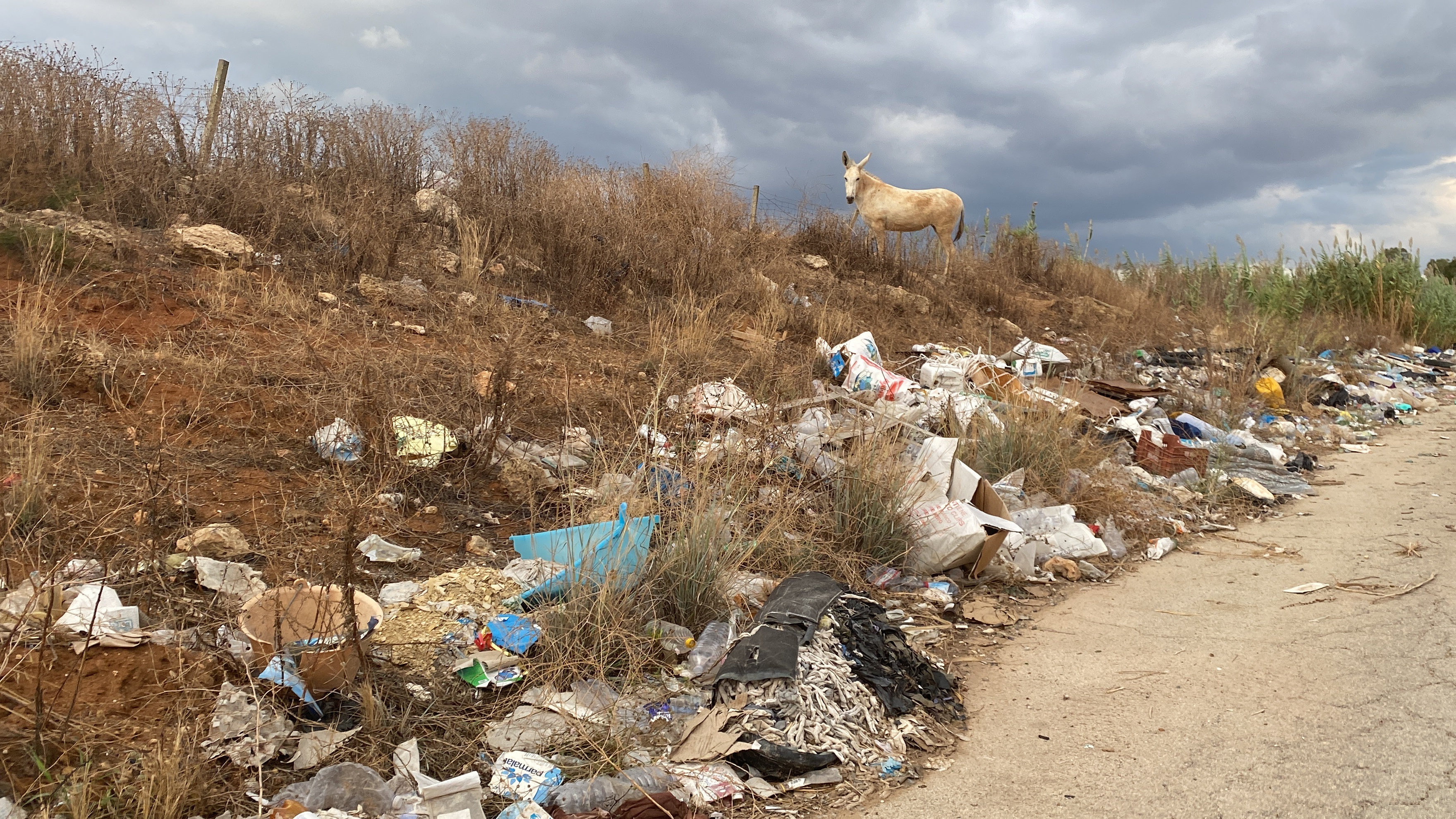Romania, 2015. Con la promessa di ritornare dal figlio dopo sei mesi, Florentina (Tina) accetta di seguire suo marito Radu in Italia per lavorare nei campi in provincia di Ragusa e guadagnare il necessario per garantire alla famiglia un futuro migliore. In Italia però Radu, accecato dalla promessa di una promozione, convince la moglie ad offrirsi al padrone, Carmelo. L’umiliazione vissuta dalla donna crea in lei un senso di rigetto per il marito che si mostra geloso e si convince che per Tina “i favori” al capo non siano più una costrizione ma un piacere. Tina rimane incinta e contro la volontà di Radu decide di tenere il bambino. Interrompe il rapporto con Carmelo e rientra da sola in Romania, ignara del fatto che il marito nel frattempo abbia infangato il suo buon nome e la famiglia non voglia più vederla. La donna gioca così la sua ultima carta e ritorna in Italia per riscattarsi e fare giustizia...
Basato su una storia vera. Un’epopea di coppia a sfondo sociale in cui la protagonista trova il coraggio di ribellarsi ai soprusi del padrone e del marito. Sconfiggendo l’umiliazione e facendo sentire la sua voce, Tina cerca giustizia per sé e per gli altri immigrati.
Il primo elemento di originalità risiede nell’incredibile storia vera di Nicoletta Bolos che l’ha vista coinvolta in un fenomeno di schiavitù 2.0 intracomunitario. Portare agli onori del dibattito pubblico questo racconto ha un’estrema importanza sociale. Essendo tratto da un fatto di cronaca, il film avrà una veridicità innegabile e il discorso politico che ne conseguirà concorrerà a rendere Tina un progetto originale e multidisciplinare perché la sua fruizione avverrà non solo in sala ma anche negli ambienti dedicati all’impegno sociale. Esistono prodotti di stampo giornalistico (reportage) e cinematografico (il film “Spaccapietre” dei gemelli De Serio ad esempio) che affrontano il tema dello sfruttamento, ma lo fanno con un altro punto di vista. Innanzitutto parlano tutti di lavoratori extracomunitari che finiscono nel giogo dei caporali, puntano sull’eccezionalità e brutalità della situazione creando un senso di disagio e di distacco nello spettatore. Tina al contrario vuole indagare una situazione totalmente differente: non solo i protagonisti sono cittadini europei non clandestini, ma la loro scelta di andare a lavorare in quei campi e in quelle condizioni è consapevole e ha uno scopo diverso rispetto ai clandestini che finiscono nei campi italiani per scappare dal loro stato di origine. I protagonisti di TINA scelgono di andare a lavorare in Sicilia per ritornare al loro paese, con uno status sociale diverso. Presupposto e scopo sono diversi e costituiscono un elemento di originalità. Anche il contesto della storia è originale: non la tendopoli/baraccopoli che siamo abituati a vedere al telegiornale, ma un casale in cui i braccianti mantengono una dignità (contesto comune per fortuna nelle nostre campagne) e riescono anche a organizzare momenti di condivisione, potendo recuperare addirittura alcune delle tradizioni dei propri paesi di origine. La brutalità in questa storia è data dal comportamento di alcuni personaggi, primo fra tutti Radu, il marito di Tina che le chiede di prostituirsi con la falsa promessa di avere un fine comune per il bene familiare. Altro punto di originalità è il modo di raccontare la femminilità. Avere un’autrice donna come Simona Nobile attenta alla questione di genere con uno sguardo europeo aiuta il progetto ad arrivare ad un livello essenziale e profondo di racconto del femminile attraverso i due personaggi emblematici di Tina e della ginecologa. Tina è una donna innamorata. Dei suoi figli innanzitutto, di suo marito, del suo sogno familiare, della sua terra. Tutto quello che fa lo fa per amore. La presa di coscienza che man mano si insinua di aver di fianco un uomo che invece la vuole sfruttare solo per i suoi interessi la fa diventare una donna determinata a difendere il suo sogno, sfoderando un coraggio che la porta a compiere gli atti eroici che seguono. Tina racchiude in sé la fragilità e la determinazione femminile; è una madre e una moglie disposta a fare tutto per la sua famiglia ma che quando capisce di essere strumento per un fine egoistico e utilitaristico del marito si ribella e tira fuori una forza fino a quel momento inaspettata. La ginecologa invece rappresenta un tipo femminile diverso, più razionale ma altrettanto determinato. Senza di lei Tina non avrebbe avuto il coraggio di ribellarsi al marito tenendo il bambino e senza quell’atto non avrebbe mai trovato la forza di ribellarsi alla sua sorte. Anche il modo di raccontare la famiglia è originale. Non abbiamo la solita famiglia disfunzionale o lacerata da drammi. Abbiamo una famiglia consueta, apparentemente in armonia, ma che nasconde un elemento negativo, il padre, che si presenta come colui che vuole garantire il benessere ai figli, quando invece punta solo al raggiungimento di un tornaconto personale dimostrandosi capace anche di sacrificare sua moglie per i propri scopi.
La qualità della scrittura è data dal rapporto diretto instaurato con Nicoleta Bolos, la protagonista reale della storia. A questa profondità si aggiungono tutti gli elementi puntuali sulla cultura rumena che saranno aggiunti dal cosceneggiatre Florin Lazarescu.
